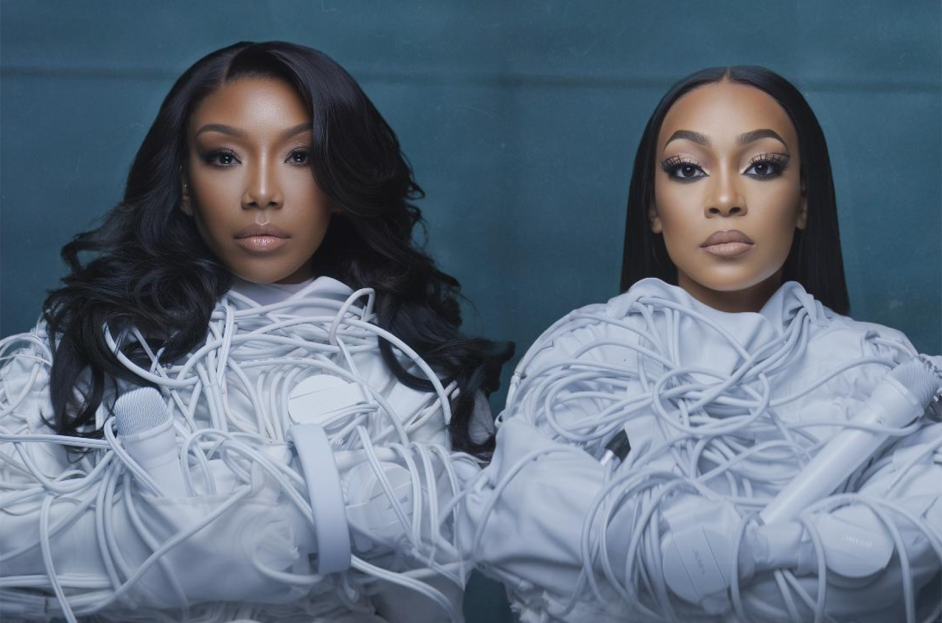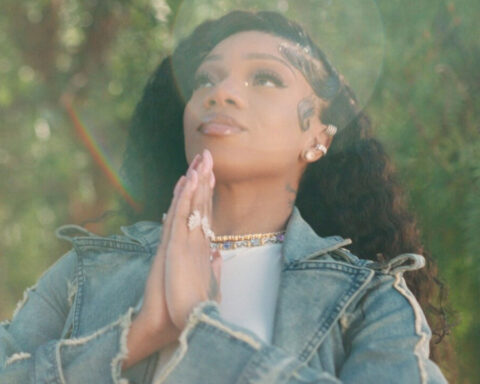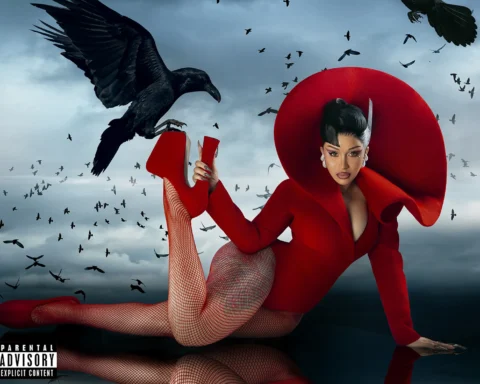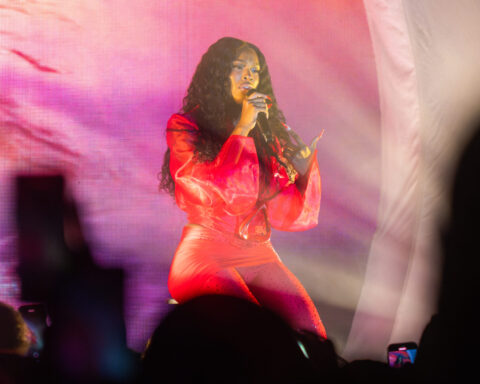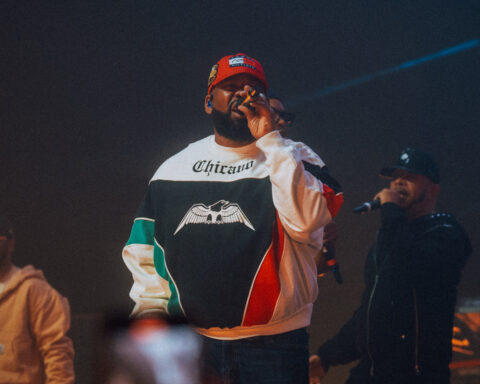When Timbaland dropped the news that he was launching Stage Zero, a new AI music company with its first artist being completely artificial and her name, TaTa, a “digital girl from the Bronx” powered by Suno and ChatGPT.
People were outraged immediately.
Few were intrigued.
But most were heated.
And honestly? I understand.
Because while the idea of AI-generated music isn’t new, this hit different. Not just because it’s Timbaland, a producer who helped define the sound of an entire era, but because TaTa isn’t just a tech experiment. She’s being presented as an artist. With a backstory. With a team. With a career.
But she’s not even real…
“He’s a great musician, a great contributor and he’s enthusiastic about AI just like I am,” said will.i.am, another artist deep in the AI conversation.
“I feel that maybe, you know, maybe he didn’t think of all the things.”
That part.
Because “all the things” are what’s bothering people.
Like:
- What happens to human artists when record labels can just generate a voice and backstory?
- Who gets paid—and who gets replaced?
- What does it mean for Black music, when a digitally created Black woman from the Bronx is being pushed forward, while real women with that same background are still being overlooked?
There’s a very real fear that this kind of tech isn’t about creativity, it’s about capitalism. That it opens the door for corporations to profit off our sound, our style, our slang, without ever investing in our communities.
It doesn’t help that the song Timbaland used to debut TaTa literally sampled his own past work. So not only is the voice artificial, the beat is recycled. It left a lot of people asking:
Is this music or just a gimic?
Now to be clear, AI can be an incredible tool for creativity.
It’s already helping artists brainstorm, write, and experiment faster than ever. And Timbaland is right to be curious, he’s always been ahead of the curve. But curiosity without accountability? That’s when things get a little questionable.
If we’re going to welcome AI into the culture, it should to be done with care. With community in mind. With ethics at the forefront.
Because let’s be real, Black creators are often the first to be copied and the last to get credit.
We already know what it feels like to be the blueprint and still get pushed out of the building.
So no shade to TaTa.
But if Stage Zero is really about the future of music, it needs to include the real voices that built the foundation.
What do you think—tool or threat? Should AI artists get a platform, or are we playing too much with culture for clicks?



